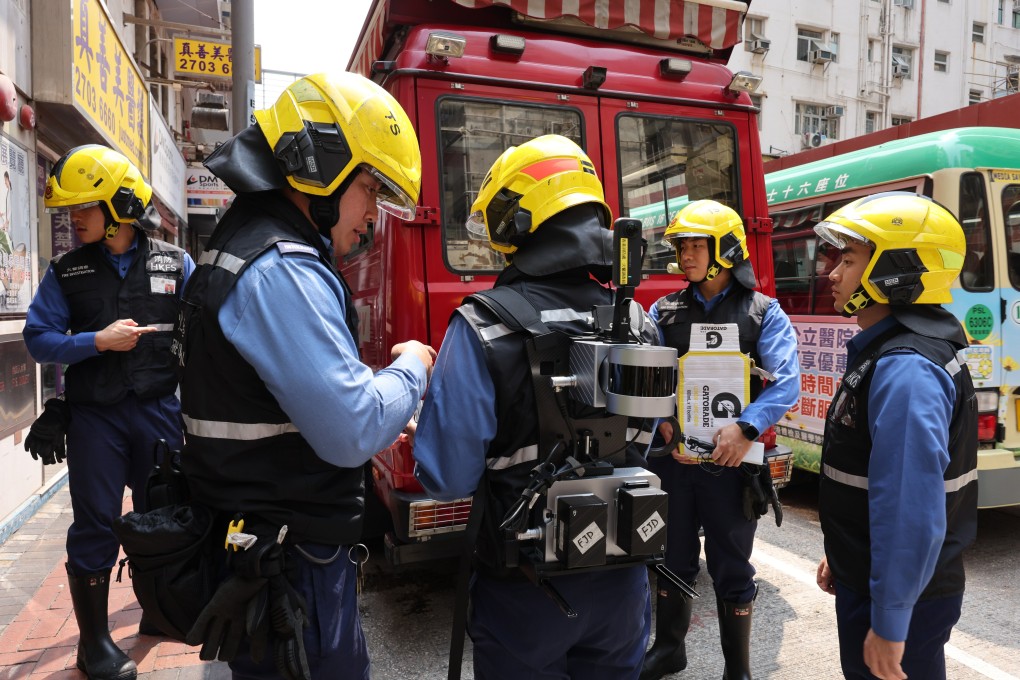Editorial | Double regulation and enforcement efforts for Hong Kong subdivided flats
- A deadly blaze in a 60-year-old tenement block has again driven home that under no circumstances can safety be compromised

If there is anything that gives Hong Kong a bad name, subdivided flats must be one of them. The prevalence of these coffin-sized cubicles says a lot about not just the gaping wealth gap in one of the world’s most affluent cities, but also the way the issue is handled by the authorities. Despite a growing number of mishaps involving these shameful living spaces over the years, the problem is still not being tackled as expeditiously as it should.
The alarm bell rings again after a blaze in a 60-year-old tenement block in densely populated Yau Ma Tei killed five people and injured dozens of others earlier this week. While initial investigations show the fire may have been sparked by a discarded cigarette, firefighters said the some 100 subdivided units and the structural alterations inside the building made rescue more difficult.
Adding to the concern is the slack enforcement of safety rules. It was revealed that the Buildings Department had issued fire safety orders to the building concerned in 2008 and required the owners’ corporation to upgrade protection measures. These included replacing fire doors, enclosing non-emergency facilities with fire-resistant materials and providing fixed windows with fire-resistant capabilities. But while the building engaged consulting companies in 2015 and 2020 to handle the orders, and the department had followed up and sent advisory letters during the years, the orders have still not been complied with to date. Separately, the building owners were also prosecuted and issued with fire abatement notices over the years, according to the fire department.
The compliance issue at the block is not an isolated case. Currently, two departments are empowered to inspect buildings and issue owners or occupiers with fire safety compliance orders which list required improvements. But the compliance rate is low because it is up to the owners to deliberate and reach a consensus among people living in the buildings. Of the 347,715 orders issued by the departments after inspections of 10,761 buildings, only 128,351, or 36.9 per cent, had been tackled or discharged by June last year.
The government, to its credit, enacted a law two years ago to regulate rent increases and utility charges for subdivided flats. A government task force is also seeking to improve living standards by setting out the requirements for such units, which, presumably, may result in the substandard ones being outlawed eventually. As of February, there were 2,941 suspected breaches of rent and charges under the law. The problems with these popular but inhumane living spaces are obvious.
Given ageing blocks and subdivided flats will not disappear in the foreseeable future, officials must double regulation and enforcement efforts. Under no circumstances can safety be compromised.

